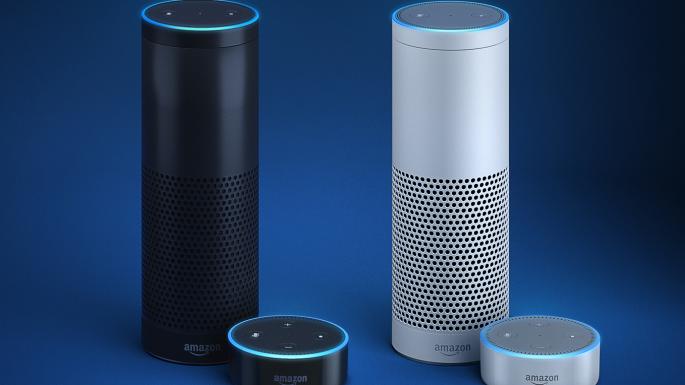It is one of the top-selling gadgets; an all-knowing device whose abilities range from answering questions about the weather and playing music to recommending restaurants and ordering groceries.
In Bentonville, Arkansas, however, detectives suspect there may be another possible use for the Amazon Echo — as a witness to murder.
In a legal showdown with the technology company, police applied in court for access to data that they believe may have been recorded on one of the voice-activated speakers when Victor Collins was strangled to death in November last year. Amazon has refused.
The company said: “Amazon will not release customer information without a valid and binding legal demand properly served on us. Amazon objects to overbroad or otherwise inappropriate demands as a matter of course.”
The Echo device, which costs £150, uses voice-activation technology known as Alexa to respond to commands, such as to play music, read the news and control switches for lights and thermostats.
In the case of Mr Collins, whose body was found in a hot tub at the home of a friend, James Bates, investigators want to know whether an Echo device in Mr Bates’s kitchen may also have recorded voice data pertinent to the murder.
The device is constantly listening for the voice command of “Alexa” or “Amazon” to wake it up, and records any command, inquiry or verbal sounds given after that point, they noted in a request for a search warrant, adding that sometimes the device may record voices without the “wake words” being issued. Those recordings are then uploaded to Amazon’s servers at a remote location, they stated.
Amazon gave police Mr Bates’s account details but refused to provide any of the information logged on its servers from the device. Police have extracted some information, but it is not known what.
Mr Collins died of strangulation and drowning, according to a coroner’s report. He had cuts and bruises on his body from what detectives believe was a fight. Mr Bates, 31, is charged with first-degree murder and is due to go on trial next year.
Kimberly Weber, his lawyer, said: “What they are trying to do is rather novel, but it’s a deep invasion of privacy. It scares me that our criminal system is coming down to this technology which is supposed to help our daily lives and now it’s being used against us.”
Nathan Smith, a prosecutor in the case, said that he believed Amazon was wrong to defy a court’s request to hand over the information.
He said: “If there is evidence that is inculpatory, there is evidence of someone’s guilt potentially on a device like that Echo. But in a hypothetical situation there could also be evidence that would prove someone did not commit a crime, that could exonerate them.”
Public versus private
The battle between Arkansas police and Amazon is the latest in a series of tussles over data privacy.
Microsoft has faced several showdowns with the US Department of Justice, denying access to customers’ emails in criminal cases, while Apple last year refused to help the FBI unlock data on an iPhone belonging to a terrorist who killed 14 people in California.
The advent of apps such as Google Maps has created controversy over their harvesting of users’ location data.
“All of this data is being collected and held by a private-sector company . . . We used to have a pretty decent definition of public and private information but now those lines are blurring,” said Mark Testoni, president of SAP National Security Services, which helps government and private agencies to track the digital trail of suspects. “We are consenting to the use of our data by these companies on a pretty broad scale,” he said, calling for a new policy to define data ownership.

